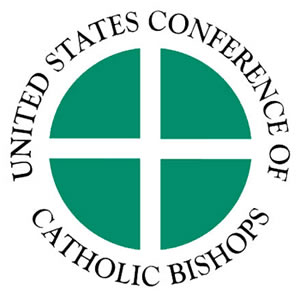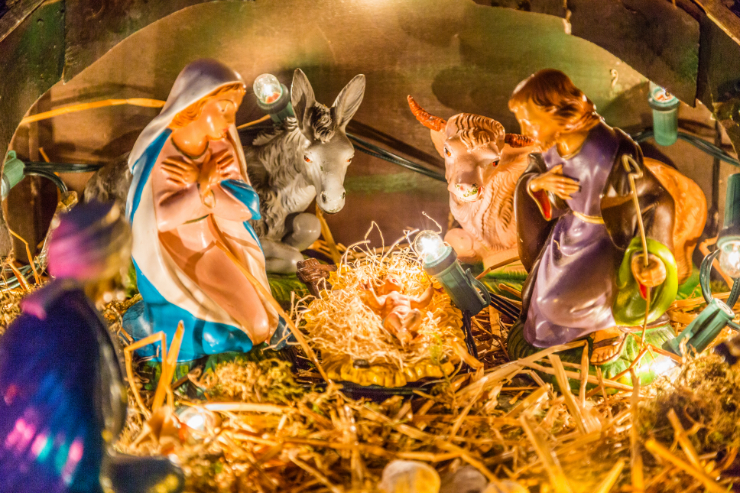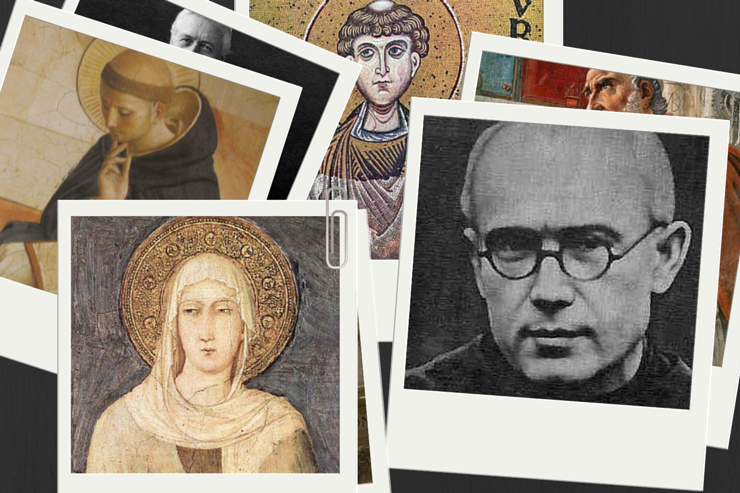 When the pilgrims lowered the anchor in Plymouth harbor in December 1620, they were filled with hope.
When the pilgrims lowered the anchor in Plymouth harbor in December 1620, they were filled with hope.
They had survived a perilous three-month journey on an inhospitable Atlantic with only one casualty. Their incessant prayers for a safe arrival had been heard. They had finally landed in the new world and were ready to begin a new life.
Little did they know the year that would await them.
Of the 103 that disembarked, more than half would die before winter was over. Governor John Carver, their leader, succumbed quickly to fever. Ten of the seventeen husbands and fathers died. Fourteen of their seventeen wives also perished. The young wife of soon-to-be Governor William Bradford drowned in Plymouth harbor before even reaching shore. Those who avoided the grave remained in grave danger because of fevers, famine and freezing temperatures.
Yet they didn’t give up hope.
With the Spring came the arrival of Squanto, who taught them various survival tactics, like how to distinguish between poisonous and good plants, to tap maple trees for sap, to fertilize soil with dead fish and to plant corn. When that soil produced a modest harvest a few months later, they organized a feast not just to thank Squanto, Samoset, Massasoit and their large families, but principally to thank God for all his blessings since their arrival.
The fifty-one survivors easily could have looked at the previous eleven months as the worst year of their lives. They had buried almost as many bodies in the soil, after all, as bushels of food they had taken from the soil.
The reason they were able to thank God so heartily, however, in spite of the suffering they had endured was because they believed those hardships and blessings were both part of God’s providential care.
Providence comes from the word in Latin to “fore-see,” to “look out for,” and therefore, to “provide.” And they were confident that God, who foresees everything, who always looks out for his sons and daughters even when it might seem like he’s not, would indeed provide, as he did. No amount of personal suffering could shake that faith. No amount of personal hardship could rock their trust in a God whom they knew loved them and was looking over them.
They convened full of gratitude because they realized they were on a pilgrimage not only to Plymouth but to Paradise. Everything — adverse or propitious, life and even death — was part of God’s plans for them on their journey not merely to the new world but to a New World.
That final destination, and their faith in the God who awaited them, were what gave meaning to all their sufferings and joys along the way.
They had come to our land in search of religious freedom. As they neared the first anniversary of their arrival, they used that freedom to express heartily their gratitude toward God and to others.
We still enjoy that freedom. As we come together with our families during this extended Thanksgiving weekend, it is proper for us to put it to its supreme use in expressing similar gratitude. No matter what type of year we’ve had, everything has come from God’s providential hands. And almost everything good has come through a modern Squanto or Samoset.













